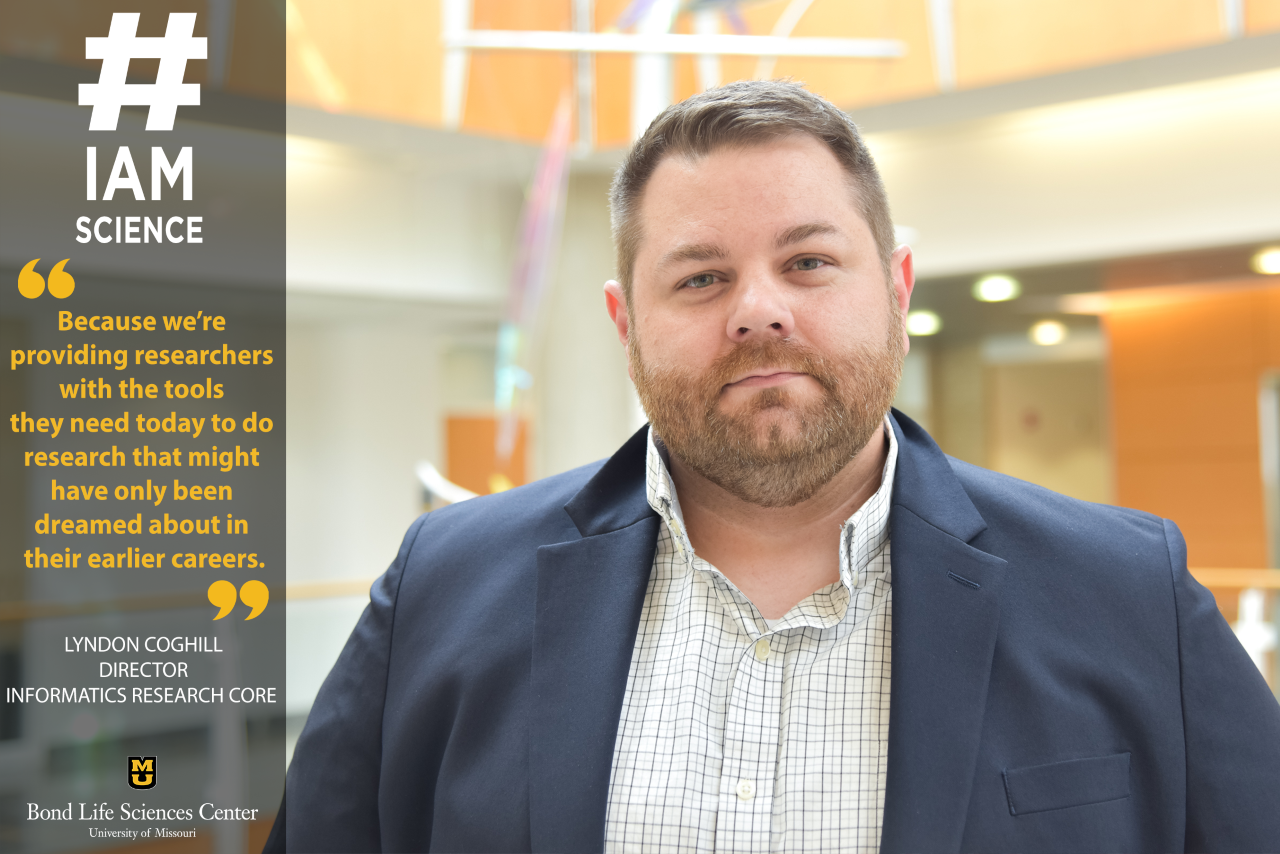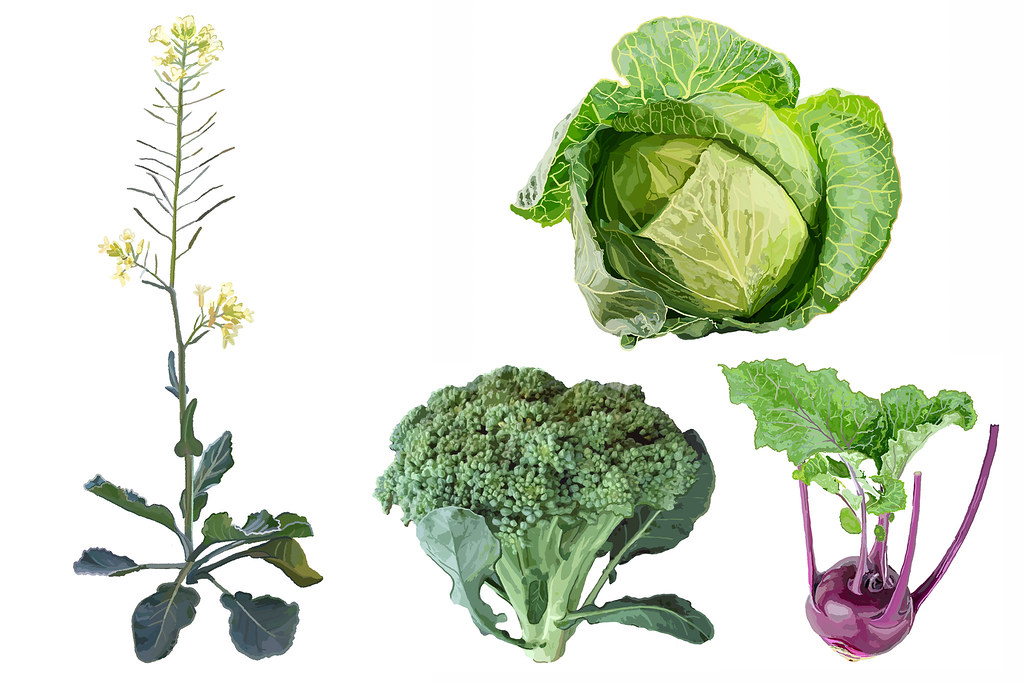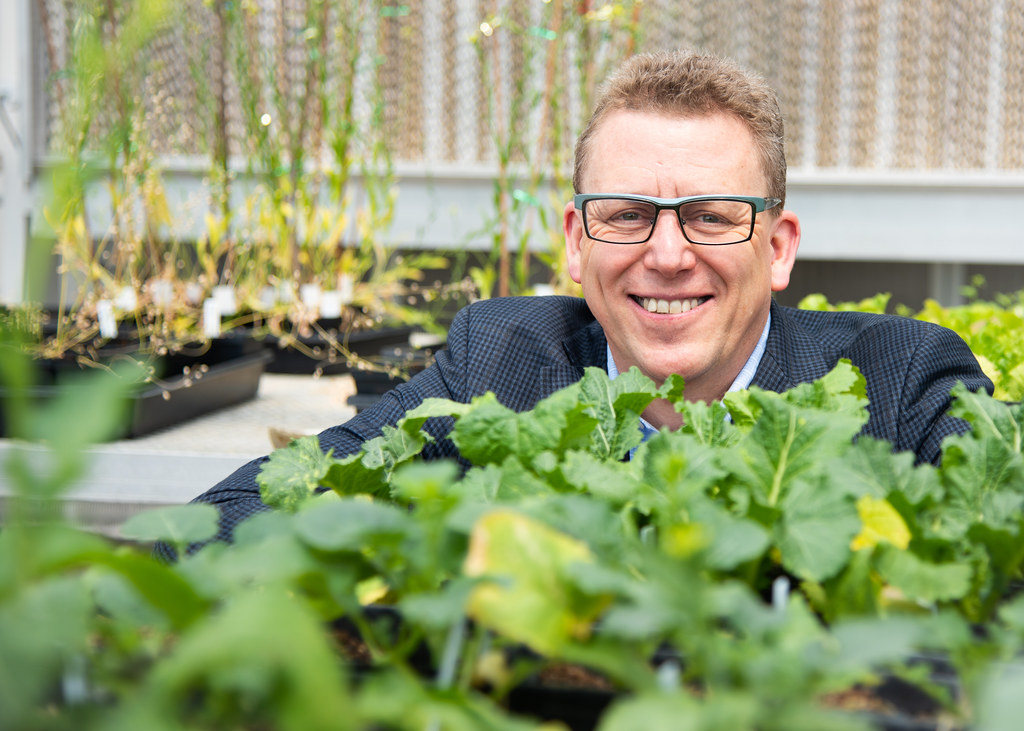Lyndon Coghill is the new Director of the Bioinformatics and Analytics Core, and he is already making big moves at Mizzou.

By Davis Suppes | Bond LSC
Lyndon Coghill’s official title may be Director of Informatics for the Bioinformatics and Analytics Core, but his job branches out much wider than just a single label. Even as an undergrad, Coghill wore many different hats.
“I was incredibly excited about the way that the MU Office of Research and Economic Development recruited me,” Coghill said, “With these types of processes you can get an idea as to whether or not an institution is actually committed and excited about building something out.”
With his experience and range of expertise, Coghill was an easy choice for Mizzou to fill the role of Director of the Bioinformatics and Analytics Core located at Bond Life Sciences Center.
Before he achieved his doctorate in biology, he completed his undergraduate degree in zoology with minors in microbiology and geology at Western Illinois University. For his dissertation, the research he conducted was focused heavily on evolutionary genomics. Simply put, he wanted to know how changes in the genome lead to changes in a physical organism that allow them to adapt better to different environments and conditions.
With his doctorate in biology, he would go on to his first postdoc at The Field Museum of Natural History in Chicago in 2013, and then on to Louisiana State University where he began his role as a senior post doctorate in 2015. He continued to diversify his portfolio there working with the department of biology, focusing on computational biology. He was then promoted to research data scientist which had him take on an even more computationally heavy role. With this, he was able to help biologists learn how to talk to computer scientists, and assist them with building collaborative programs together..
As director, Coghill’s mission is to provide bioinformatics and data science support to all researchers across the UM system. He is creating a central hub where faculty who want to conduct domain- specific biological or life sciences-related research that is computationally heavy can get the help they need to come up with solutions. He does this by helping researchers wrangle incredibly large datasets and by helping them understand what that data is telling them from an information perspective in a meaningful way.
Coghill mentioned how interim Vice Chancellor of Research and Economic Development Thomas Spencer also made a personal effort to make sure Coghill understood his vision going forward on campus “and for me that was enough of a selling point that I wanted to be a part of that,” Coghill said.
In addition to the thorough recruitment process, Mizzou’s facilities and access were other huge factors that Coghill was looking forward to once he got here. With a hospital, vet school and productive biology program all on the same campus instead of in different cities, Mizzou offers a unique opportunity to build the integrated program all in one place.
“We’re trying to reach out to every department on campus to build these relationships because you can’t have true integration of ideas and solutions if you don’t talk to everyone who might be a benefactor or have knowledge about that,” Coghill said.
Coghill believes that to create a phenomenal translational research program, this core must interact with all these programs so that experts of different fields can come together to collaborate.
“Informatics research, especially bioinformatics is a program that really forces you to keep one foot in both worlds of computer science and biology, and there’s a limited number of people who do that kind of work,” Coghill said, “I think that was one of the big pushes for getting my experience here for this position, to bring in somebody who could bring these programs together and integrate across all these different fields.”
Coghill is excited to be working with the variety of researchers and programs across the MU campus and UM System, and learning from them at the same time.
“We may not know their biological system as well as they do and we may not know the high performance computing system as well as a full-time systems administrator, but we know enough of both that we can communicate with both teams and make sure that we can help get the researchers from the starting point to a meaningful result,” Coghill said.
Their goal is to provide Mizzou and sister campuses with research support allowing faculty to build translational research programs using computing power and informatics. This core brings new opportunities for Mizzou students as well.
“We’re going to have programs for students that can rotate through as part of the Informatics and Data Science Institute,” Coghill said.
This means that students who are interested in research fields can get direct experience related to career possibilities outside of Mizzou and academics by working in this program.
“Students can come to us and learn basic coding skills, learn informatics and bioinformatics, and that will help them build a skillset that will make them quite employable,” Coghill said.
Between helping researchers in their labs and analyzing quantities of data they are gathering for the first time, Coghill has a variety of jobs he has to understand and execute.
“So, I am the guy who wears a lot of different hats and allows these researchers from different domains to talk to each other,” Coghill said. “We’re trying to help them get to the point where their work could be as big as they want.”
Mizzou and Coghill know that there is no way to push modern research without computing, especially at the scale research is done today.
It would be extremely rare for someone who has a doctorate and spent their life trying to understand how one particular part of a biological process works to also have a doctorate in computer science, “That’s where we help… we’re providing researchers with the tools to do research at a scale using computing power, and asking questions that for many, might have only been dreamed about at other times in their careers,” Coghill said.




